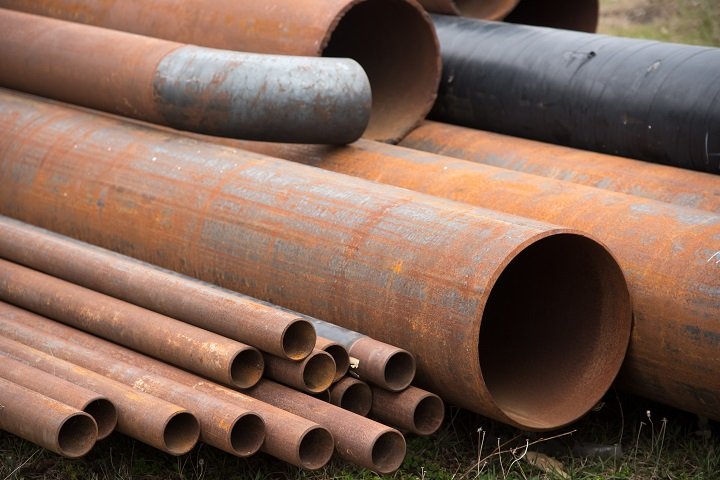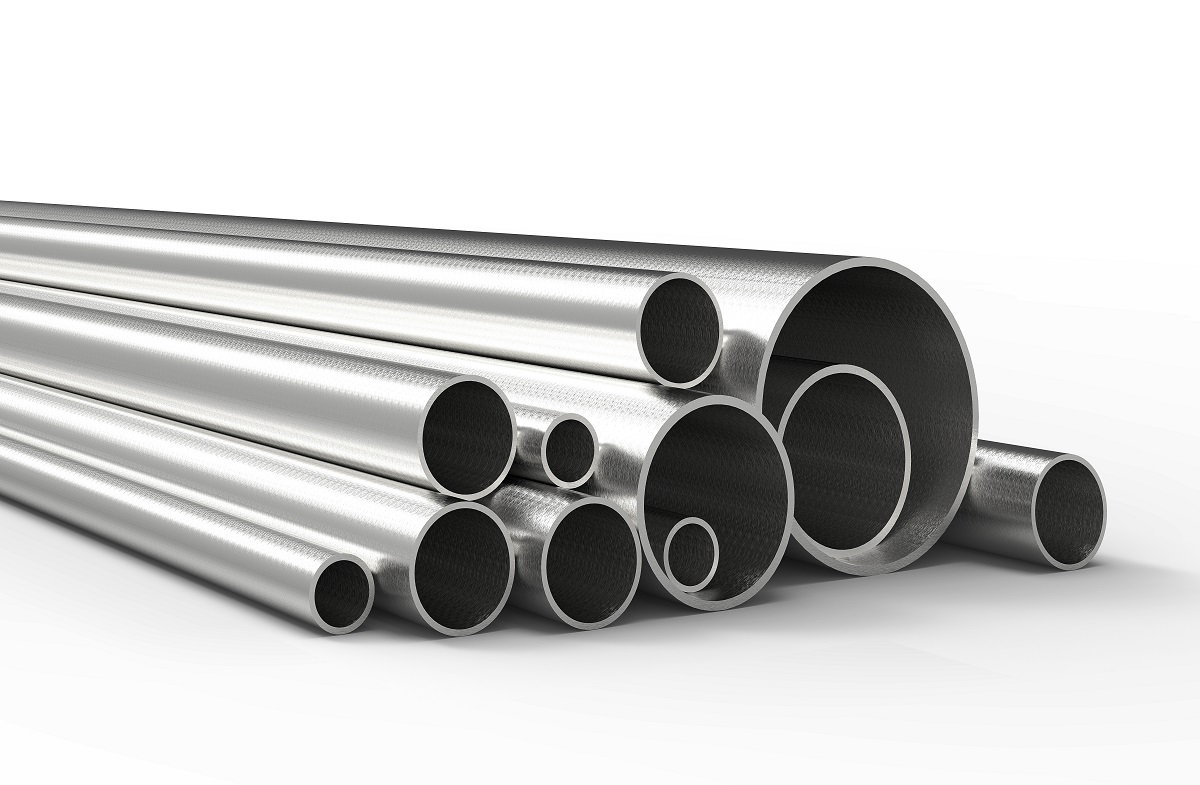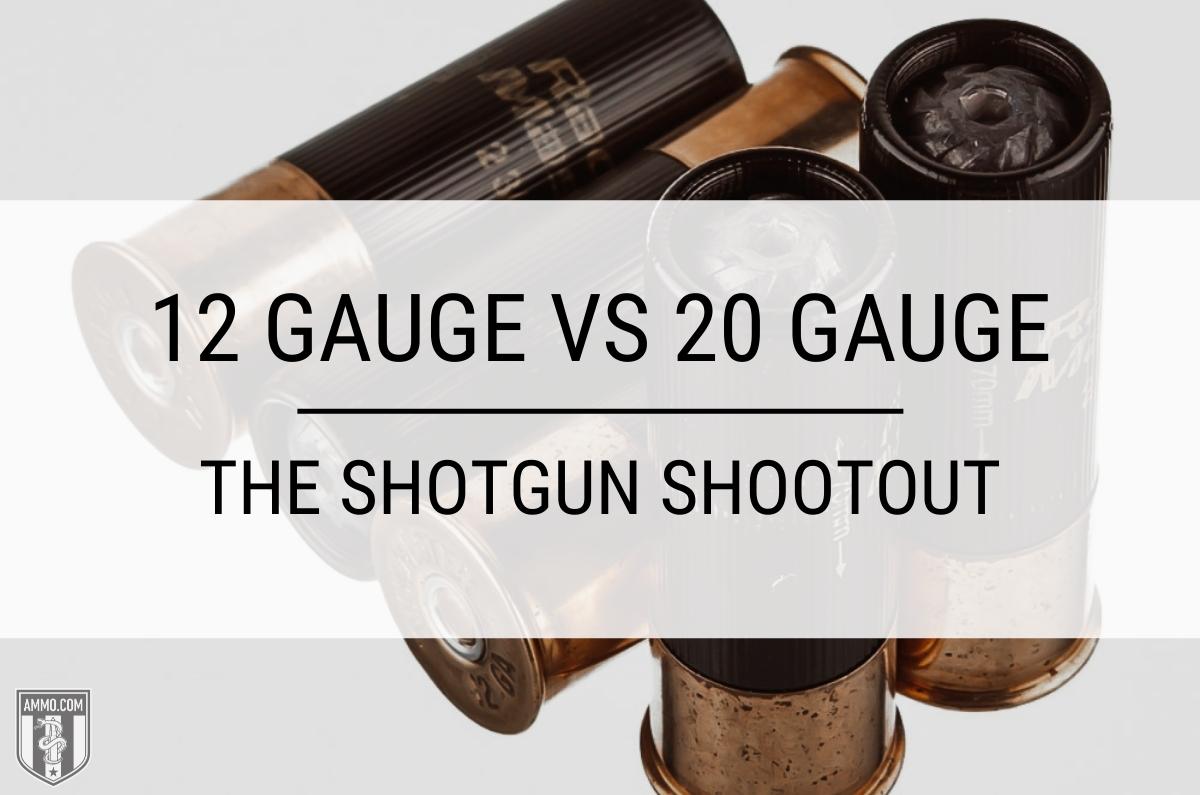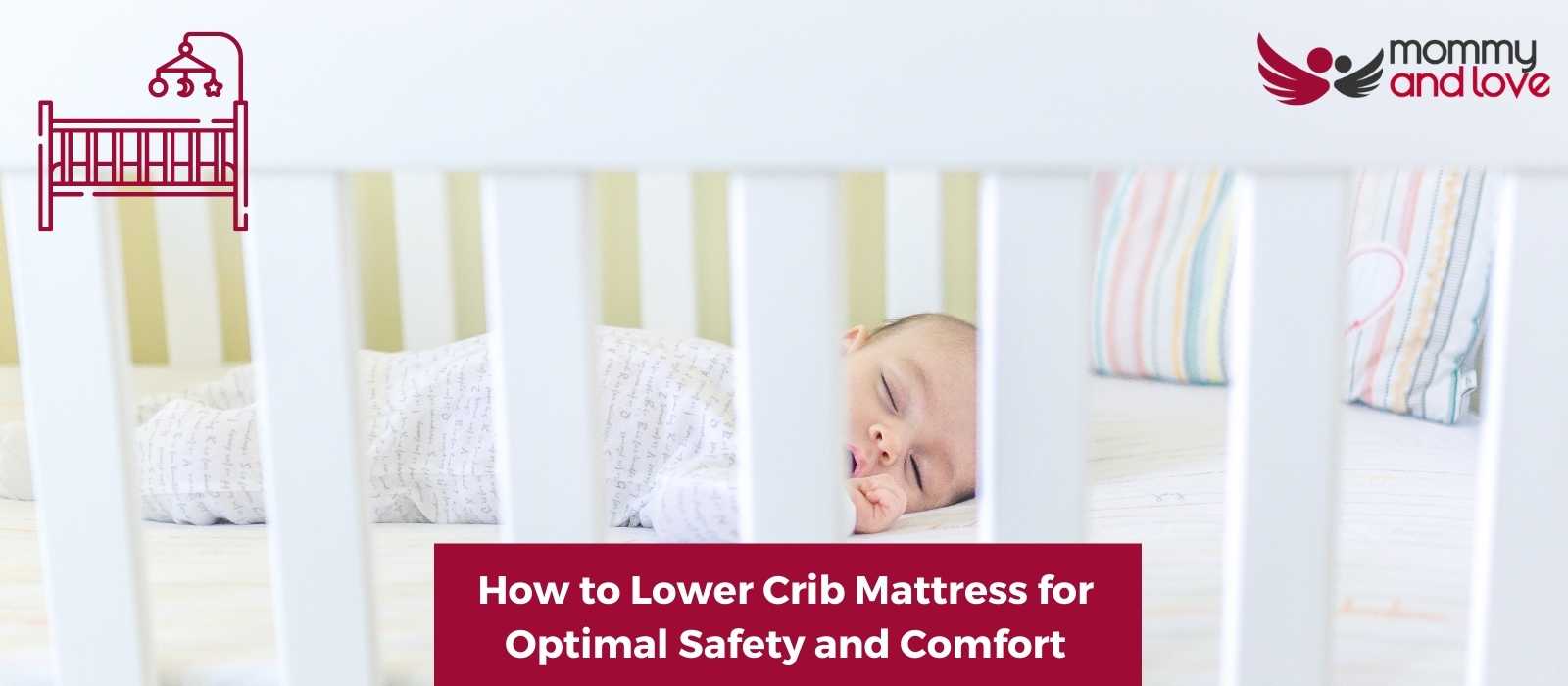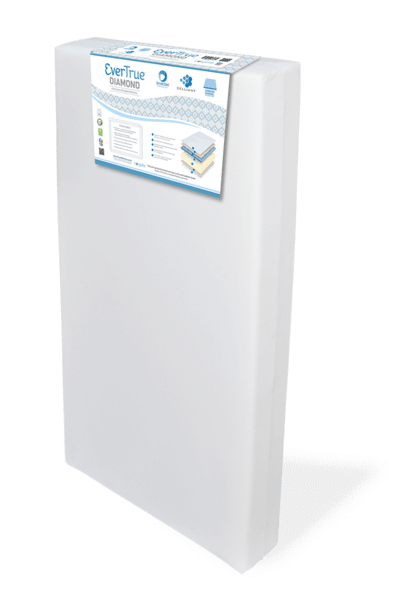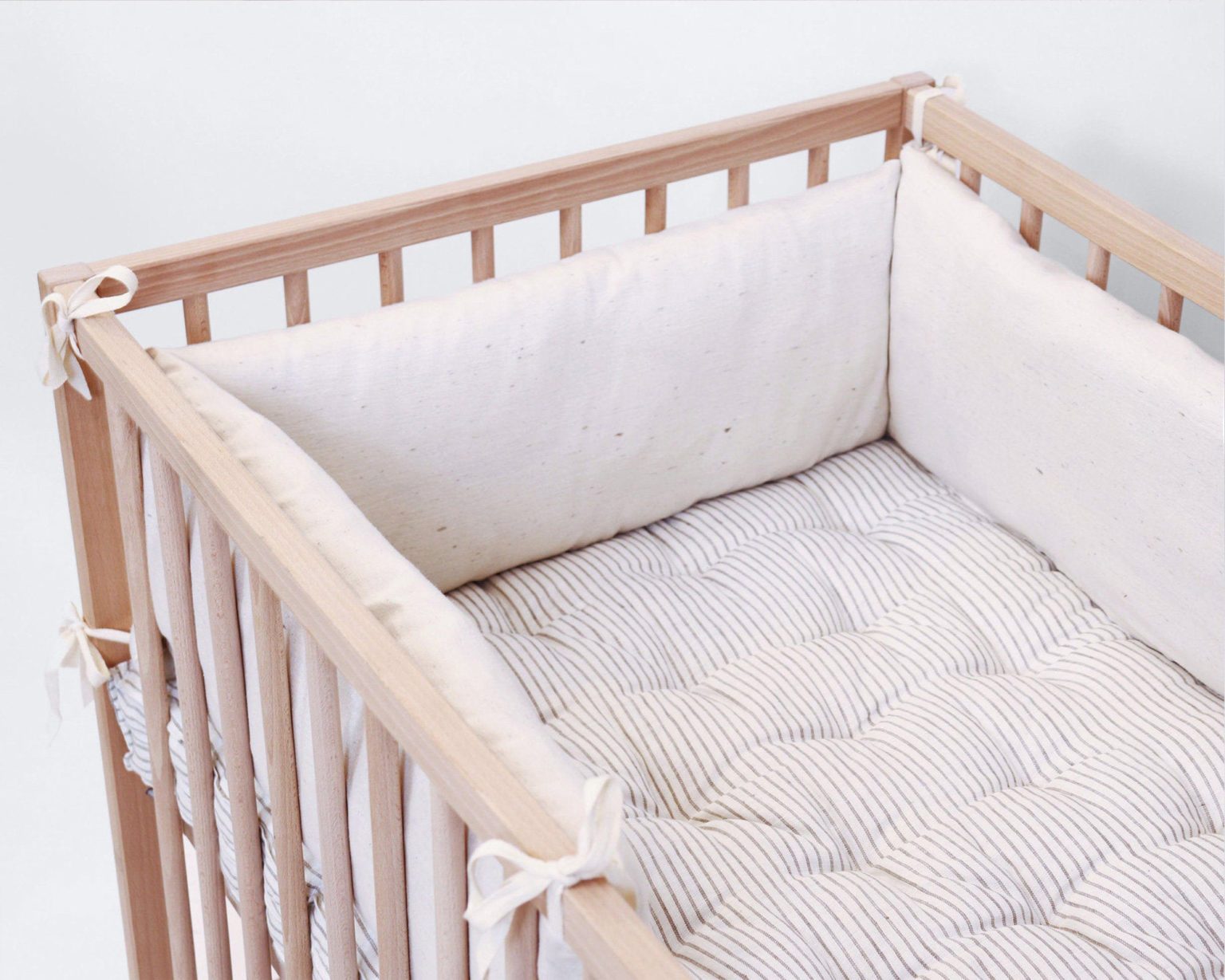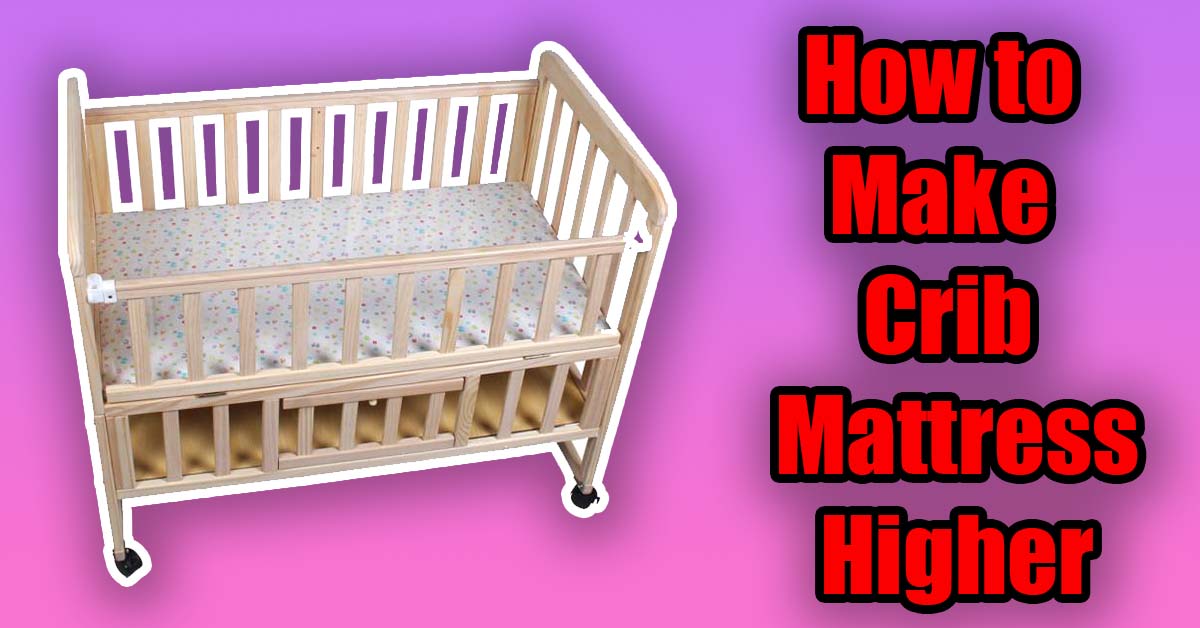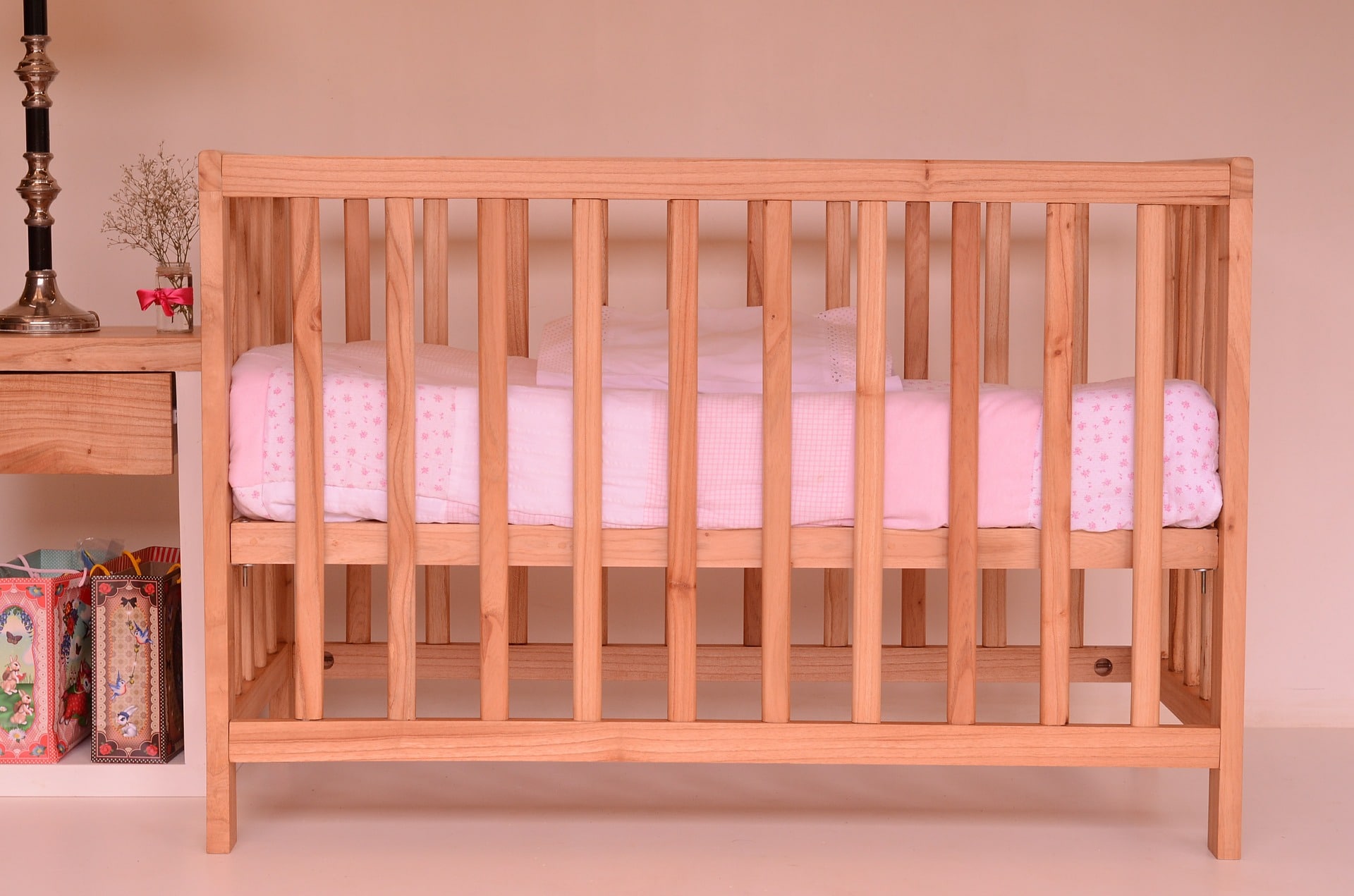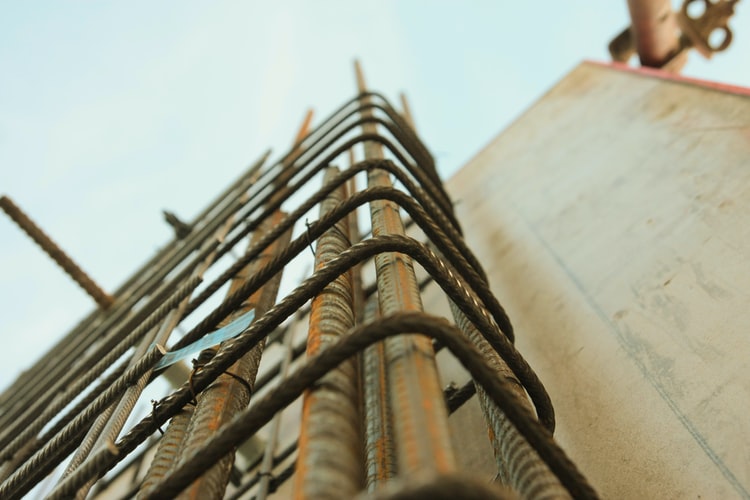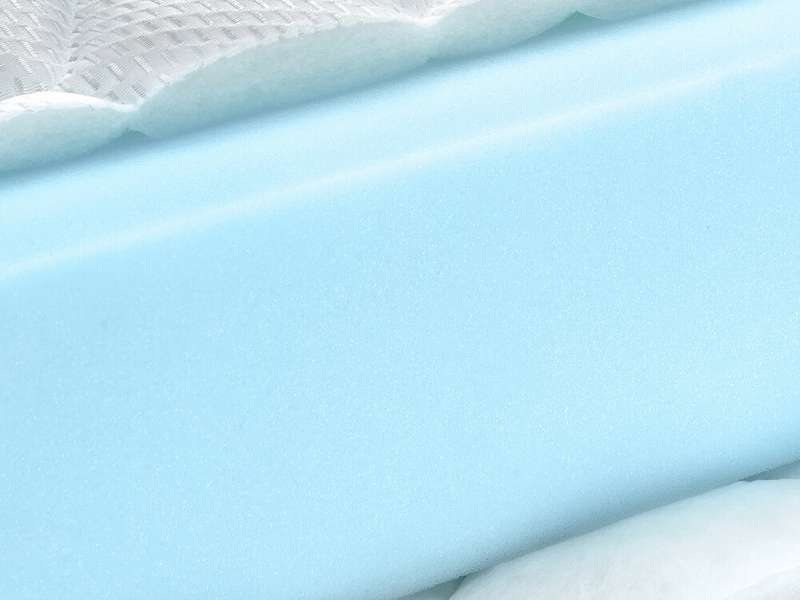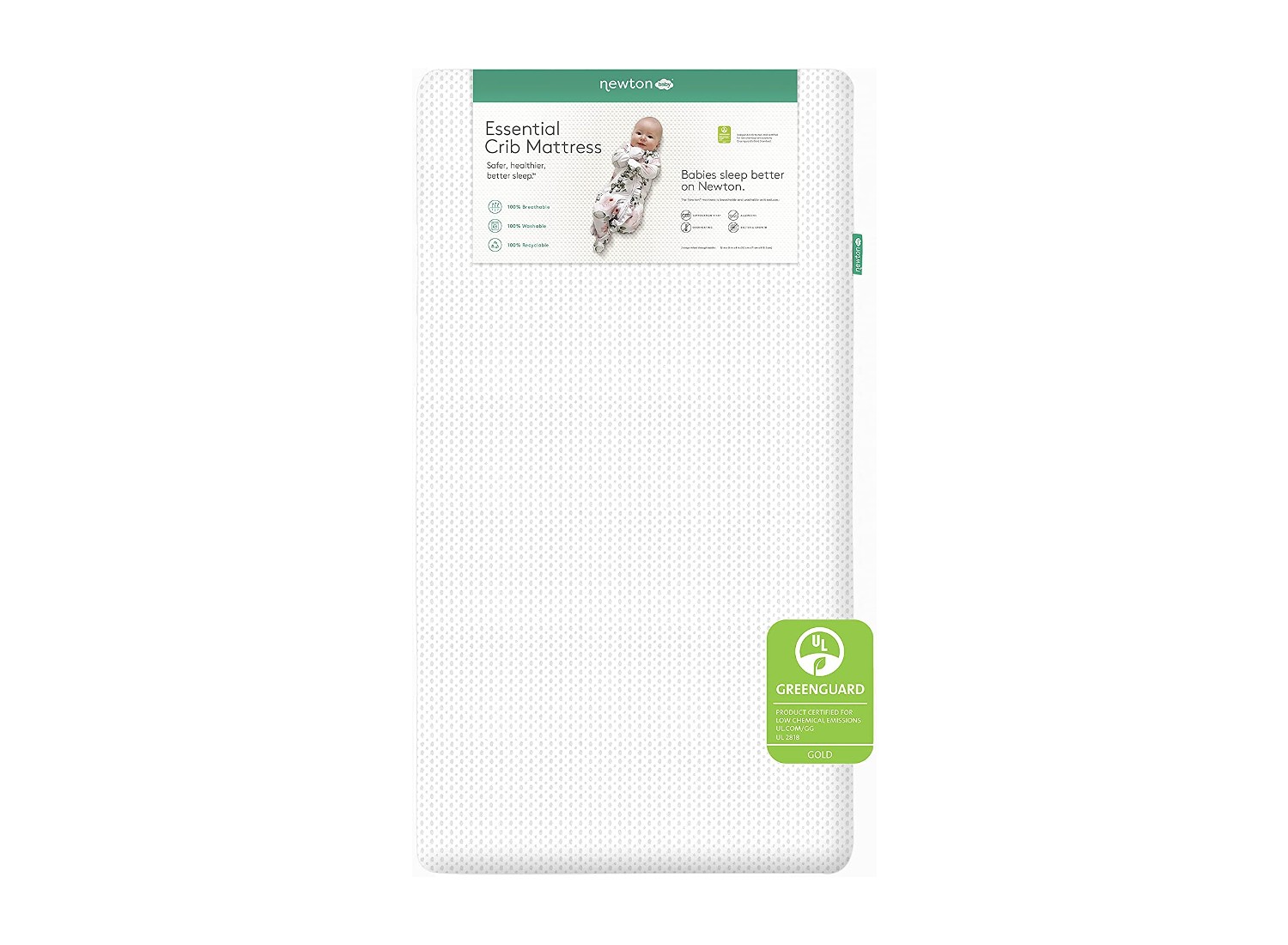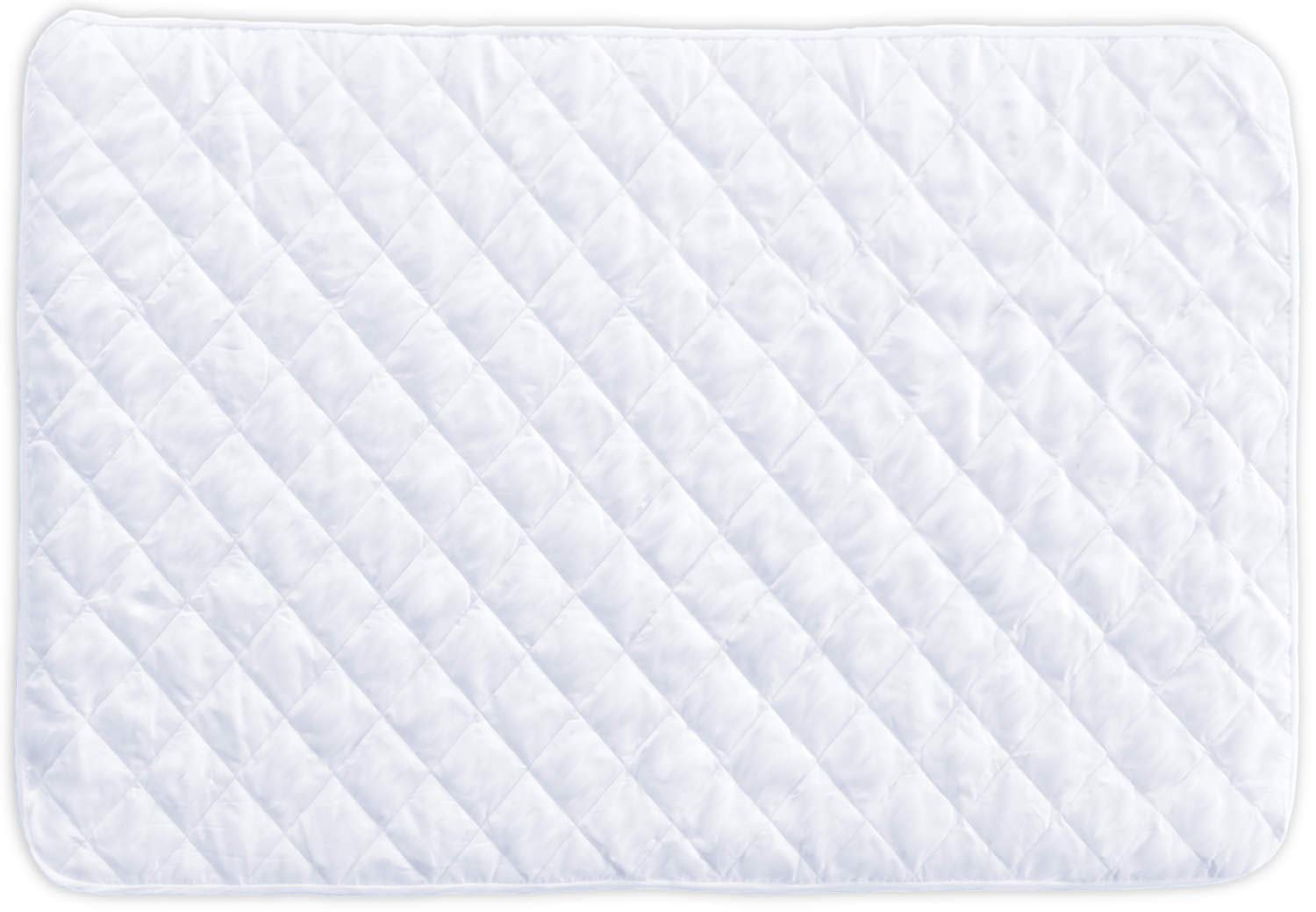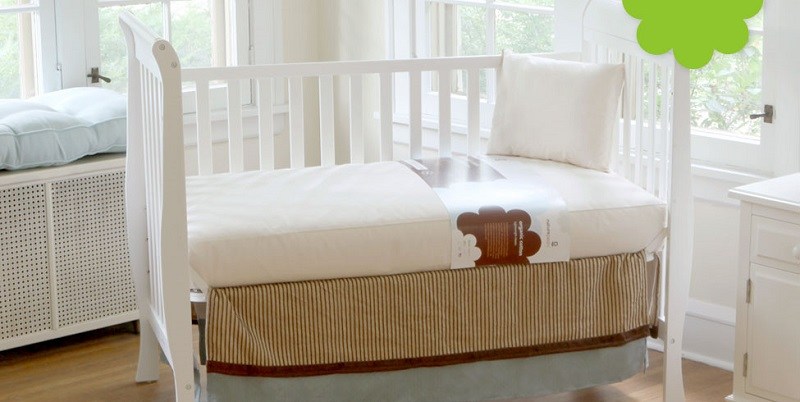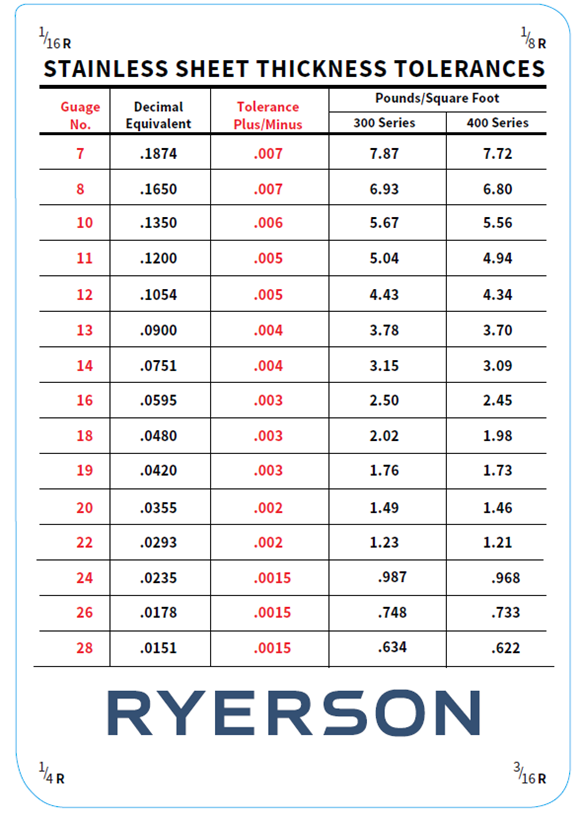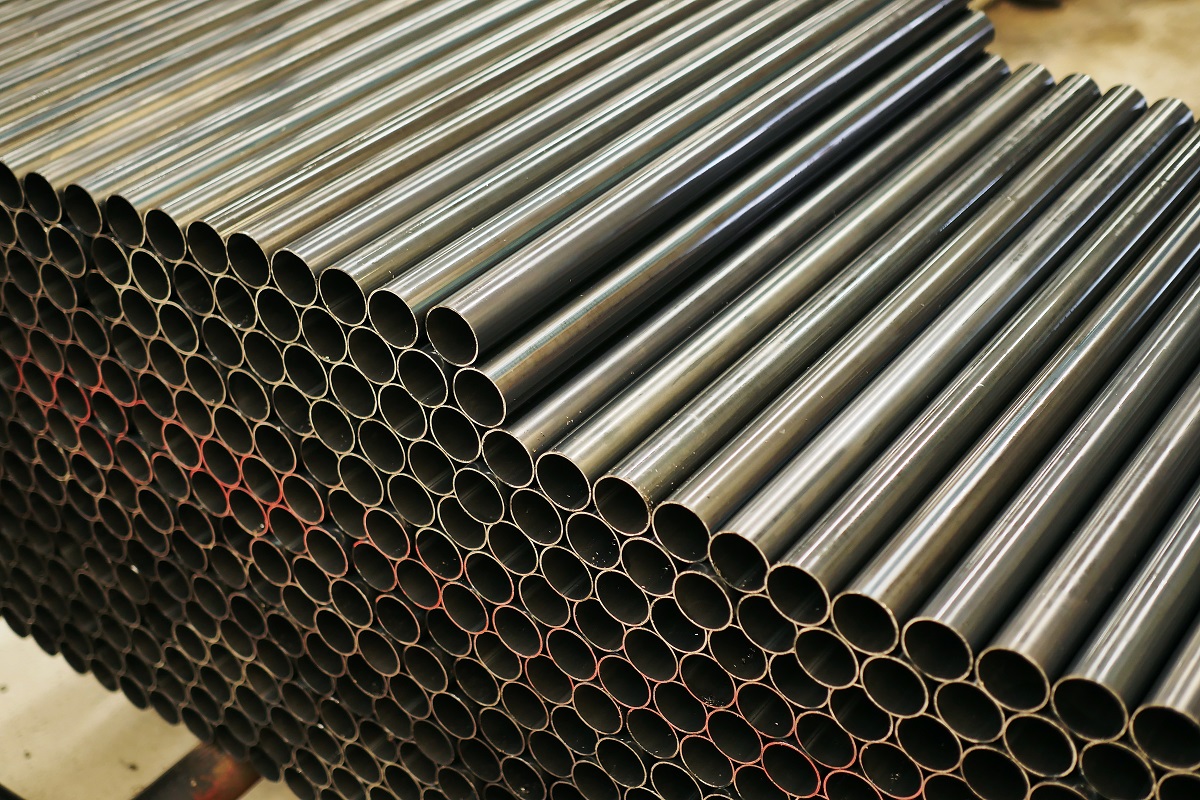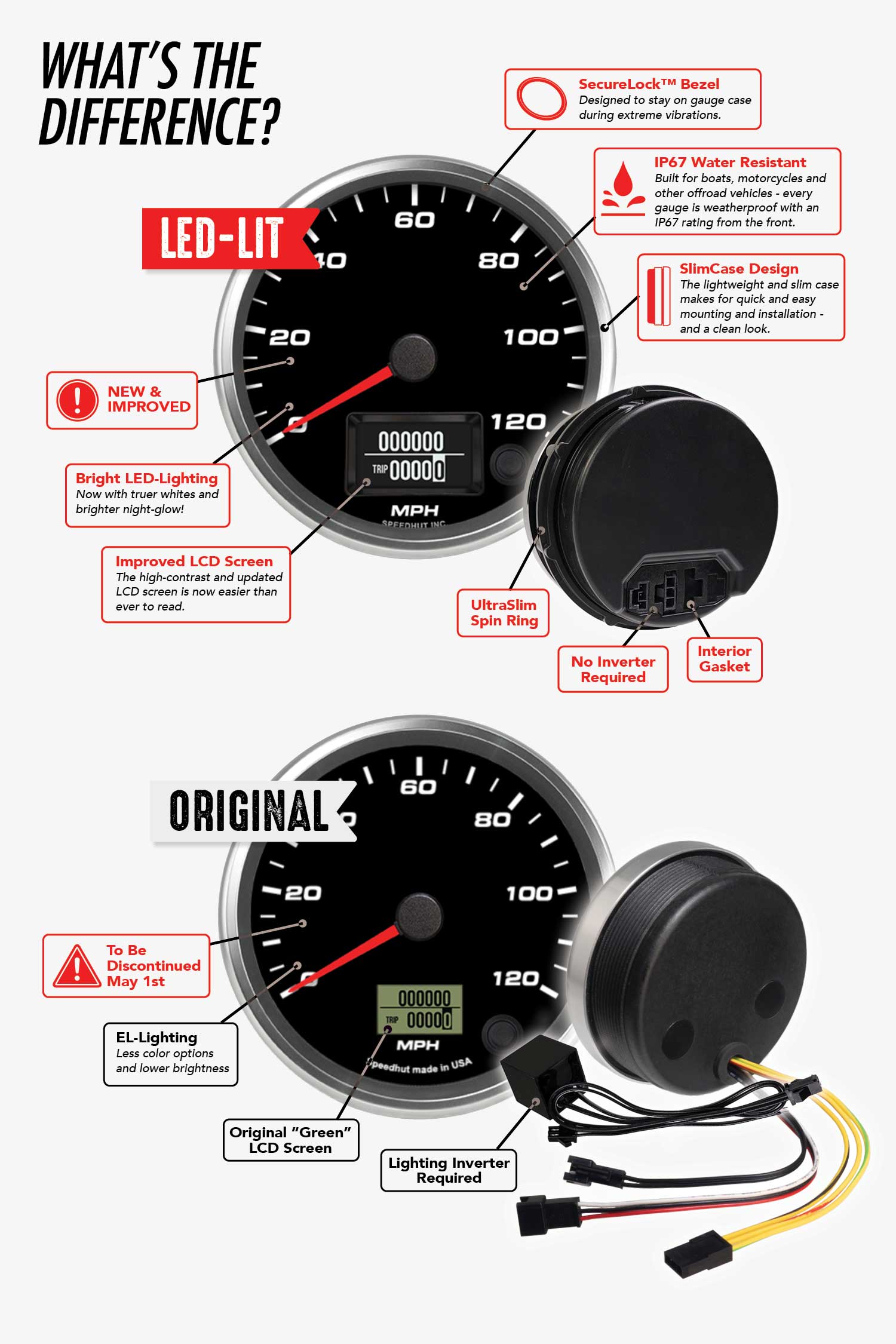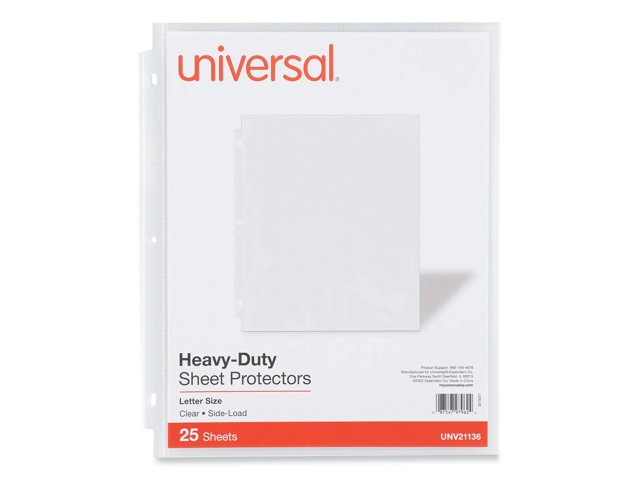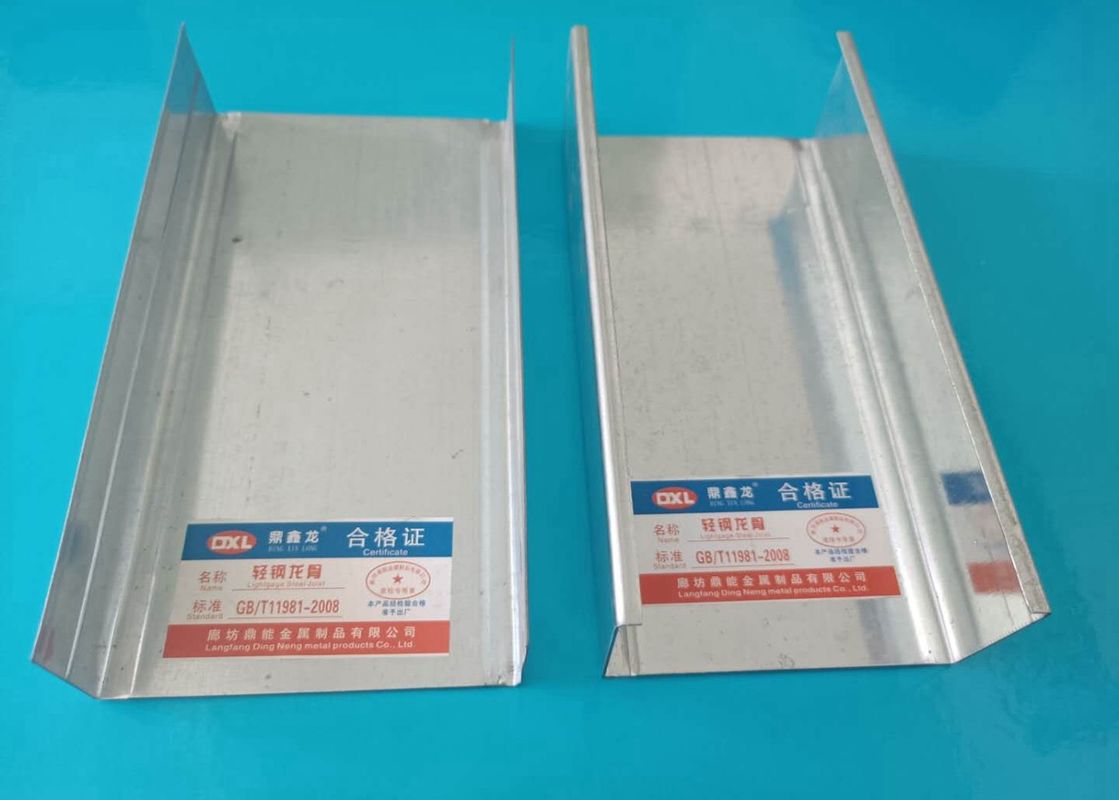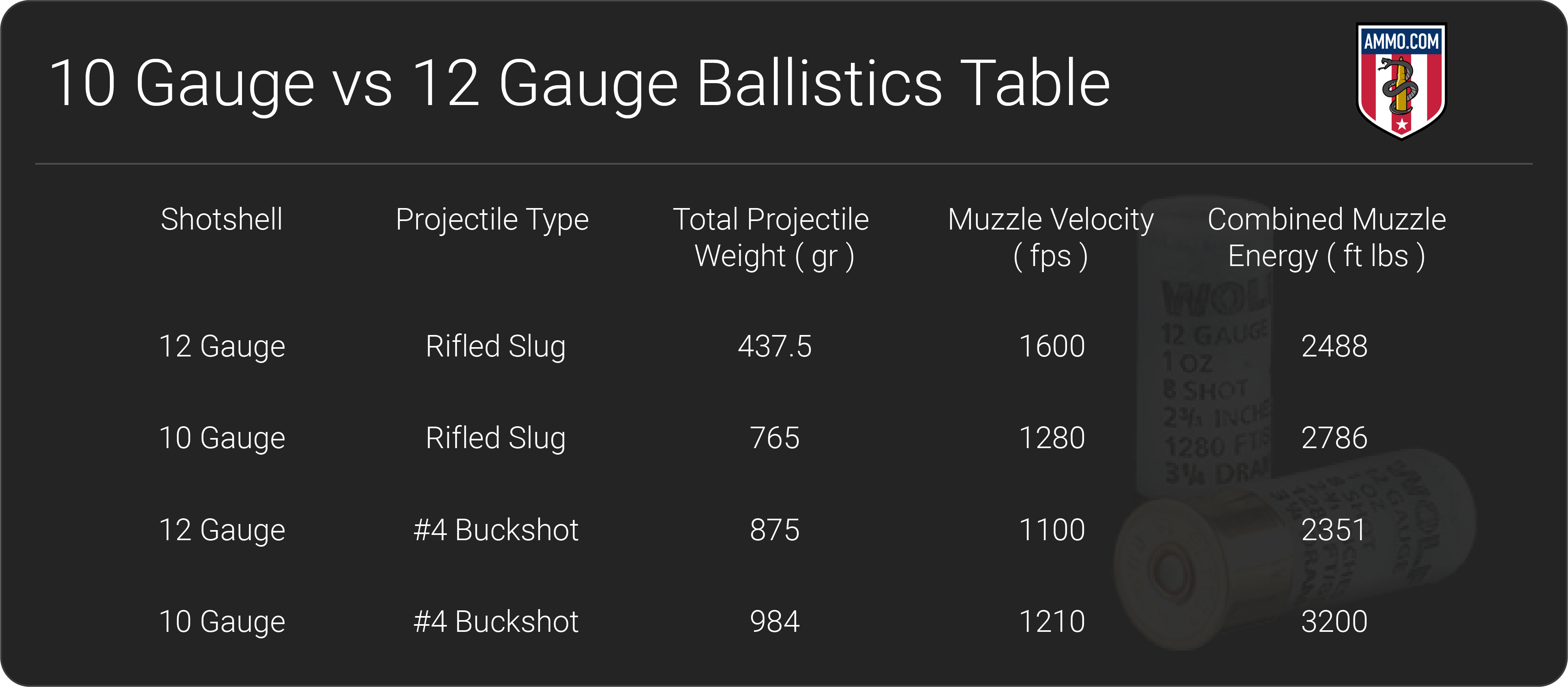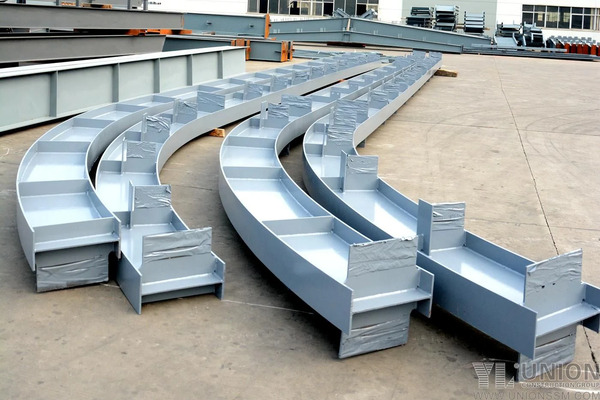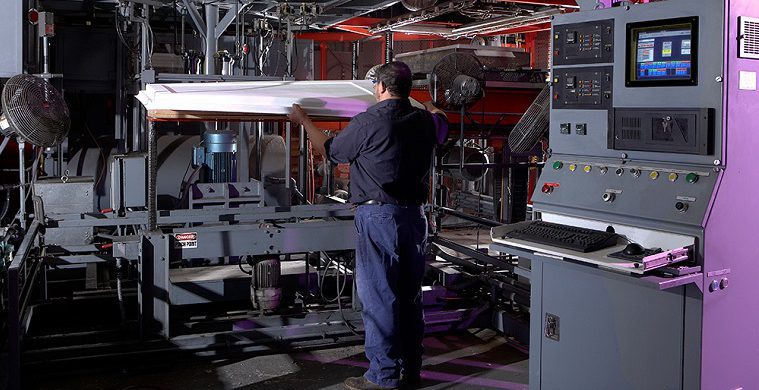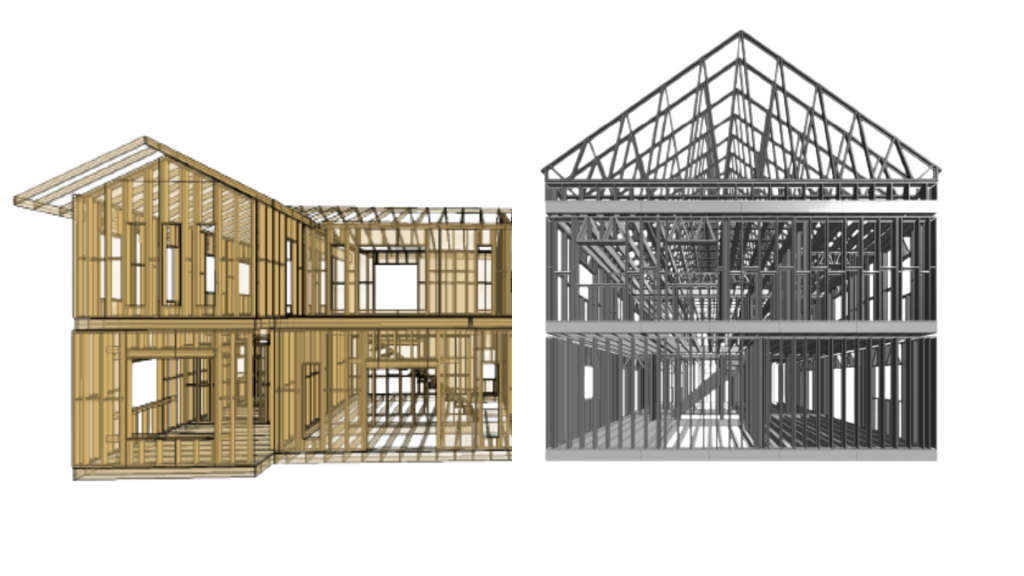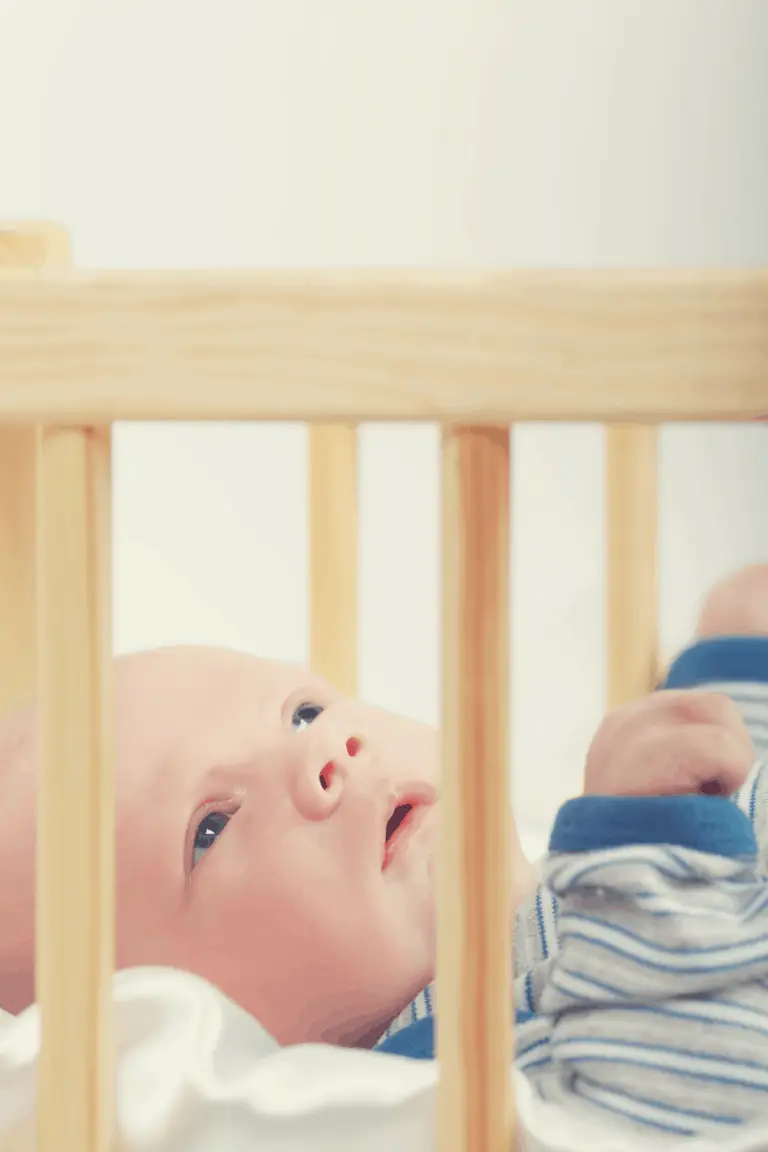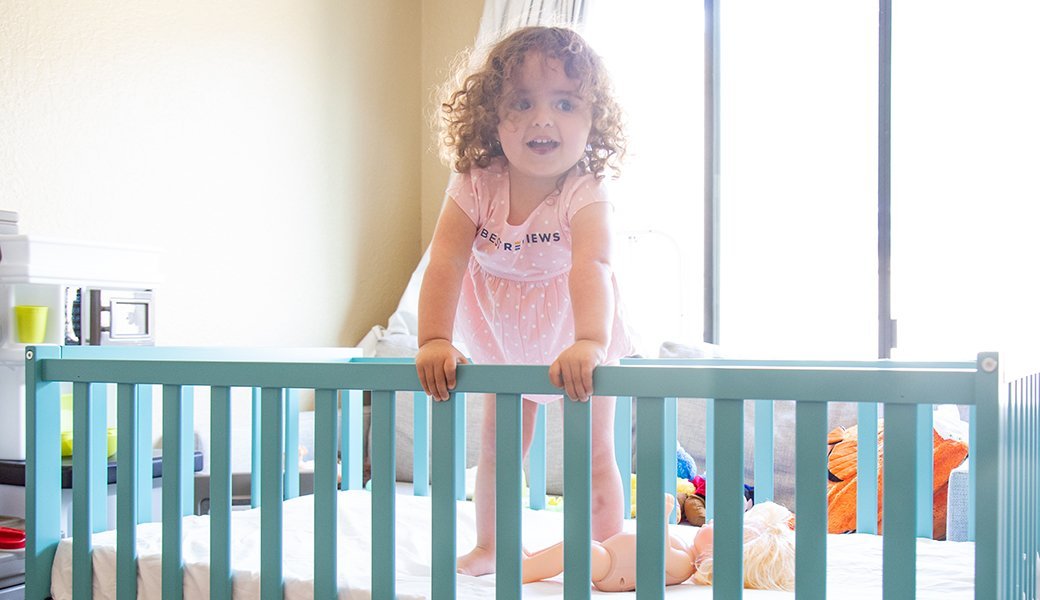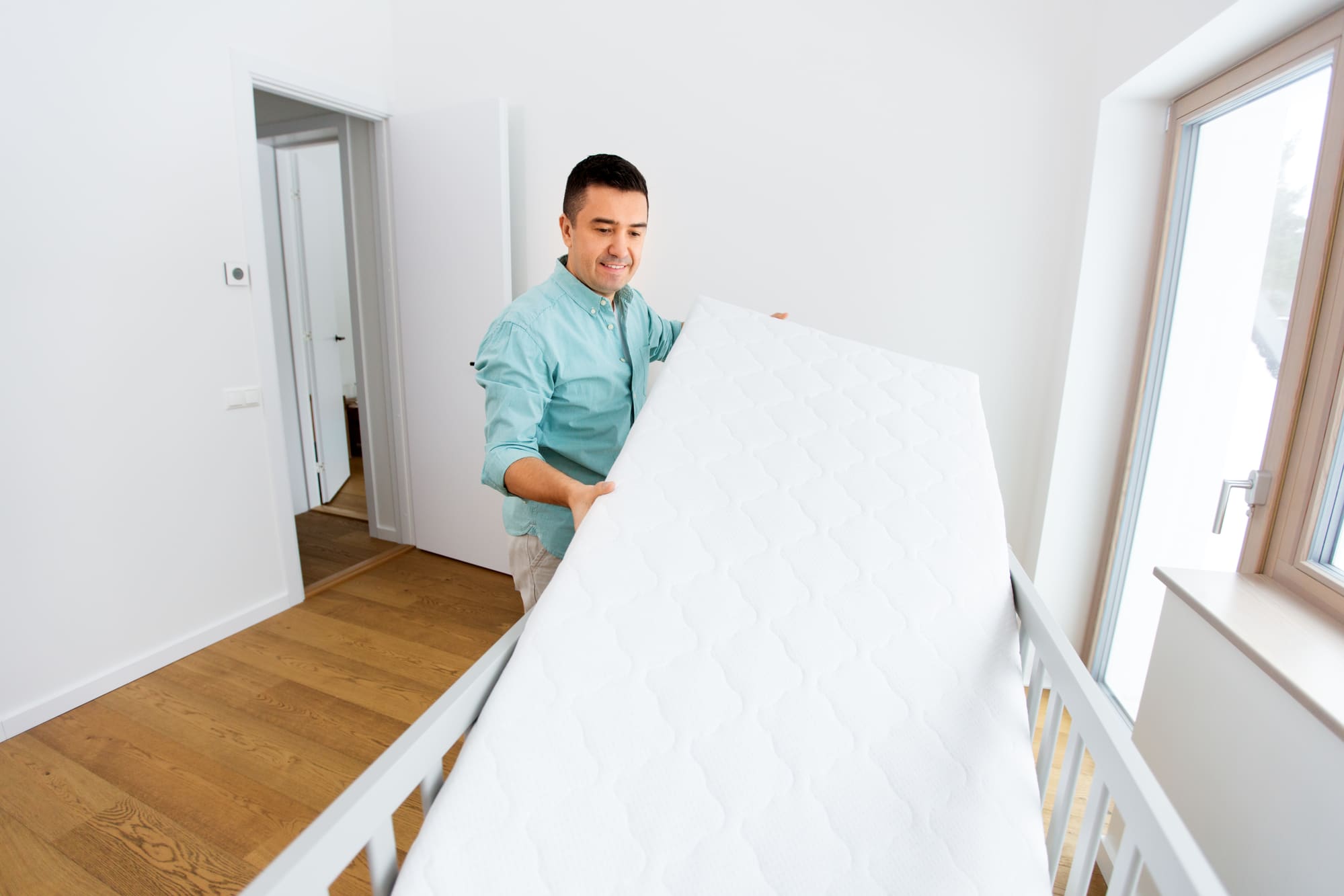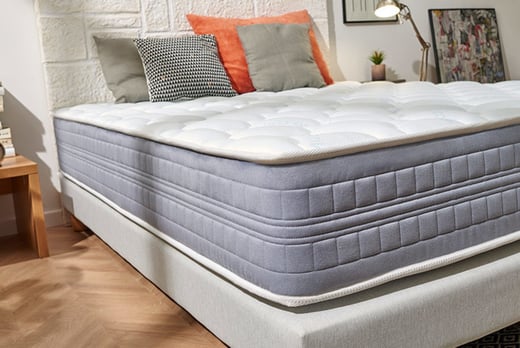When it comes to choosing a crib mattress for your baby, there are a lot of factors to consider. One important factor that often gets overlooked is the gauge of the mattress. But what exactly is gauge, and how does it affect the performance and safety of a crib mattress? Let's take a closer look at the difference between heavy gauge and light gauge crib mattresses.Heavy Gauge vs Light Gauge Crib Mattresses: What's the Difference?
Gauge refers to the thickness of the metal coils or springs inside a crib mattress. A higher gauge means thinner coils, while a lower gauge means thicker coils. The gauge of a crib mattress can impact its durability, support, and overall comfort for your baby.Understanding the Importance of Gauge in Crib Mattresses
When it comes to choosing between heavy gauge and light gauge crib mattresses, there is no one-size-fits-all answer. It ultimately depends on your baby's needs and your personal preferences. Let's take a closer look at the pros and cons of each type.Choosing the Right Gauge for Your Baby's Crib Mattress
Pros: Heavy gauge crib mattresses are known for their durability and ability to hold up under the weight of a growing child. They also tend to be more supportive and offer a firmer sleeping surface, which is recommended for infants to reduce the risk of SIDS. Cons: The firmer surface of a heavy gauge crib mattress may not be as comfortable for your baby. They also tend to be heavier and more difficult to maneuver, making it challenging to change sheets or move the mattress.Pros and Cons of Heavy Gauge Crib Mattresses
Pros: Light gauge crib mattresses are typically softer and more comfortable for babies, making them a popular choice for parents. They are also lighter and easier to move and maneuver. Cons: The softer surface of a light gauge crib mattress may not provide enough support for infants, and they may not hold up as well over time compared to heavy gauge mattresses.Pros and Cons of Light Gauge Crib Mattresses
If you're unsure of the gauge of a crib mattress, you can usually find this information on the product label or by contacting the manufacturer. It's also essential to note that not all crib mattresses have a gauge since some use foam instead of coils.How to Determine the Gauge of a Crib Mattress
Aside from the gauge, there are a few other factors to consider when choosing between heavy gauge and light gauge crib mattresses. These include the materials used, the firmness level, and any safety certifications. It's always best to do your research and read reviews before making a purchase.Factors to Consider When Choosing Between Heavy Gauge and Light Gauge Crib Mattresses
When it comes to durability, heavy gauge crib mattresses tend to be more long-lasting due to their thicker coils. However, this doesn't mean that light gauge mattresses are not durable. It's essential to consider the quality of materials and construction when comparing the durability of different crib mattresses.Comparing the Durability of Heavy Gauge and Light Gauge Crib Mattresses
Safety should always be a top priority when choosing a crib mattress for your baby. Both heavy gauge and light gauge crib mattresses can be safe as long as they meet safety standards and are free from harmful chemicals. Look for certifications such as Greenguard Gold or CertiPUR-US to ensure the mattress is safe for your baby.Safety Considerations for Heavy Gauge vs Light Gauge Crib Mattresses
If you're still unsure which gauge is best for your baby's crib mattress, here are a few tips from experts to help guide you: - For infants, a firmer sleeping surface is recommended to reduce the risk of SIDS. - Consider the weight of the mattress when choosing between heavy gauge and light gauge. A lighter mattress may be easier to maneuver, but a heavier one may offer more support and durability. - Take into account your baby's comfort. If your baby is fussy and has trouble sleeping on a firmer surface, a light gauge mattress may be a better option.Expert Tips for Choosing the Best Crib Mattress Gauge for Your Baby
The Importance of Choosing the Right Baby Crib Mattress Gauge for Your Child
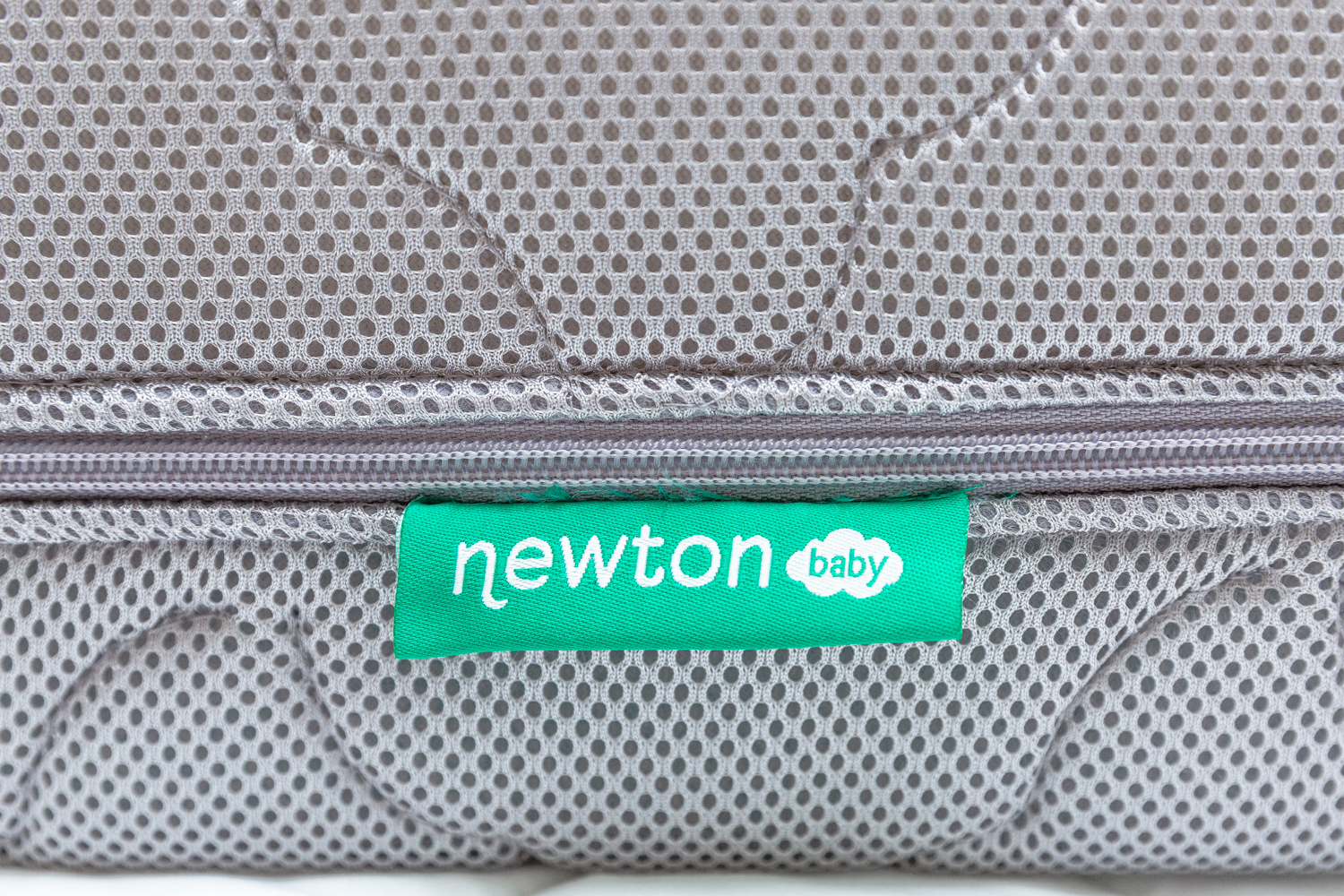
What is a Gauge and Why Does it Matter?
 When it comes to choosing a
baby crib mattress
, there are many factors to consider. One important aspect that often gets overlooked is the
gauge
of the mattress. The gauge refers to the thickness of the
metal coils
used in the mattress. The
higher the gauge
, the thinner the wire and the
lower the gauge
, the thicker the wire.
When it comes to choosing a
baby crib mattress
, there are many factors to consider. One important aspect that often gets overlooked is the
gauge
of the mattress. The gauge refers to the thickness of the
metal coils
used in the mattress. The
higher the gauge
, the thinner the wire and the
lower the gauge
, the thicker the wire.
The Difference Between Heavy Gauge and Light Gauge Mattresses
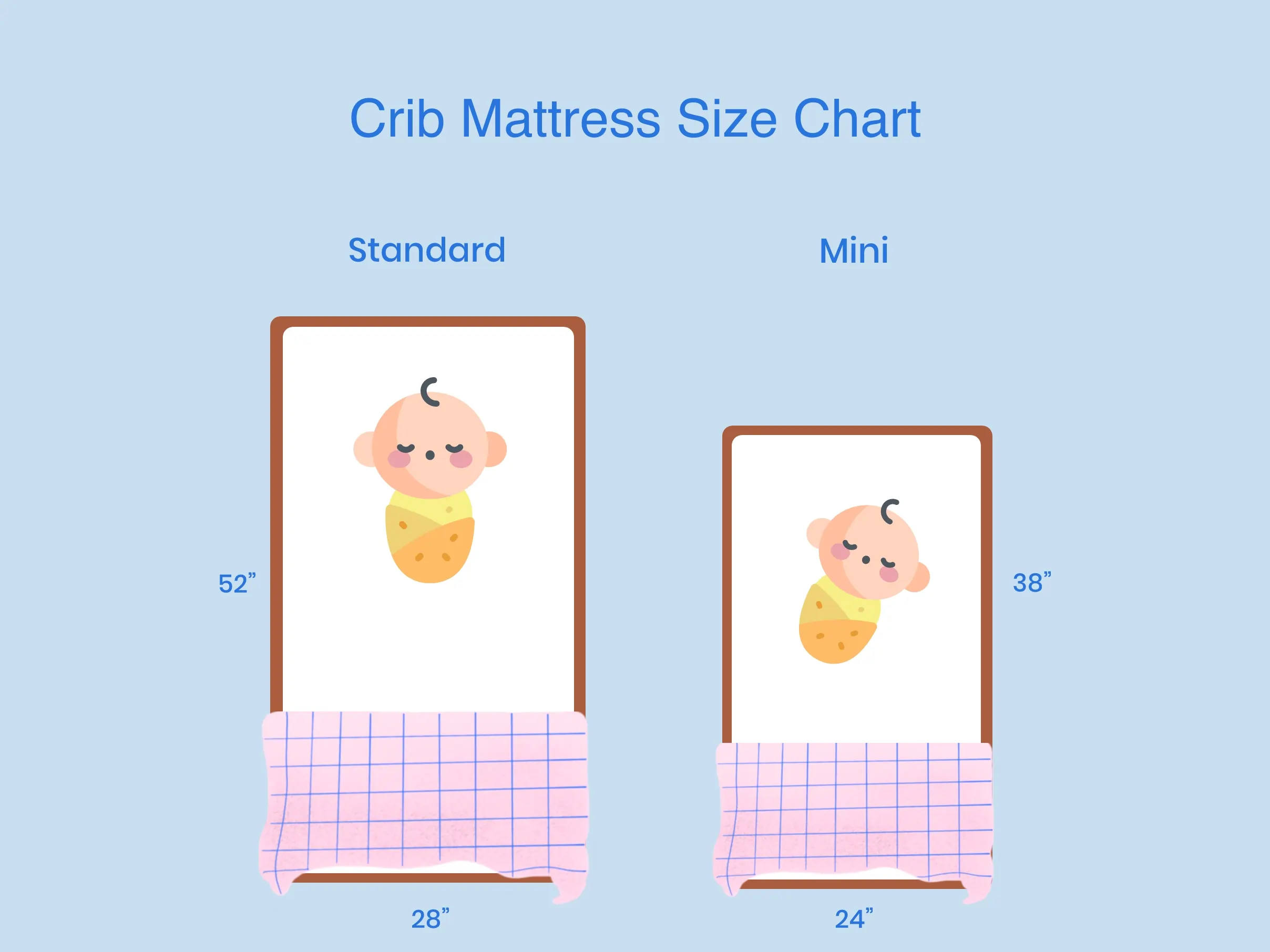 A
heavy gauge
mattress typically has a
gauge of 15.5 or lower
, while a
light gauge
mattress usually has a
gauge of 16 or higher
. The main difference between the two is the
firmness
of the mattress. Heavy gauge mattresses tend to be
firmer and more supportive
, while light gauge mattresses are
softer and more flexible
.
A
heavy gauge
mattress typically has a
gauge of 15.5 or lower
, while a
light gauge
mattress usually has a
gauge of 16 or higher
. The main difference between the two is the
firmness
of the mattress. Heavy gauge mattresses tend to be
firmer and more supportive
, while light gauge mattresses are
softer and more flexible
.
Why You Should Consider a Heavy Gauge Mattress
 When it comes to a
baby crib mattress
, a heavy gauge may be the better option for your child. Infants and young children need
firm support
for their developing bodies, and a heavy gauge mattress provides just that. It can also
prevent sagging
and
increase durability
over time.
Additionally, a heavy gauge mattress can
reduce the risk of suffocation
for babies. Lighter gauge mattresses may be too soft and
increase the risk of the baby sinking into the mattress
, which can be dangerous.
When it comes to a
baby crib mattress
, a heavy gauge may be the better option for your child. Infants and young children need
firm support
for their developing bodies, and a heavy gauge mattress provides just that. It can also
prevent sagging
and
increase durability
over time.
Additionally, a heavy gauge mattress can
reduce the risk of suffocation
for babies. Lighter gauge mattresses may be too soft and
increase the risk of the baby sinking into the mattress
, which can be dangerous.
Considerations When Choosing a Heavy Gauge Mattress
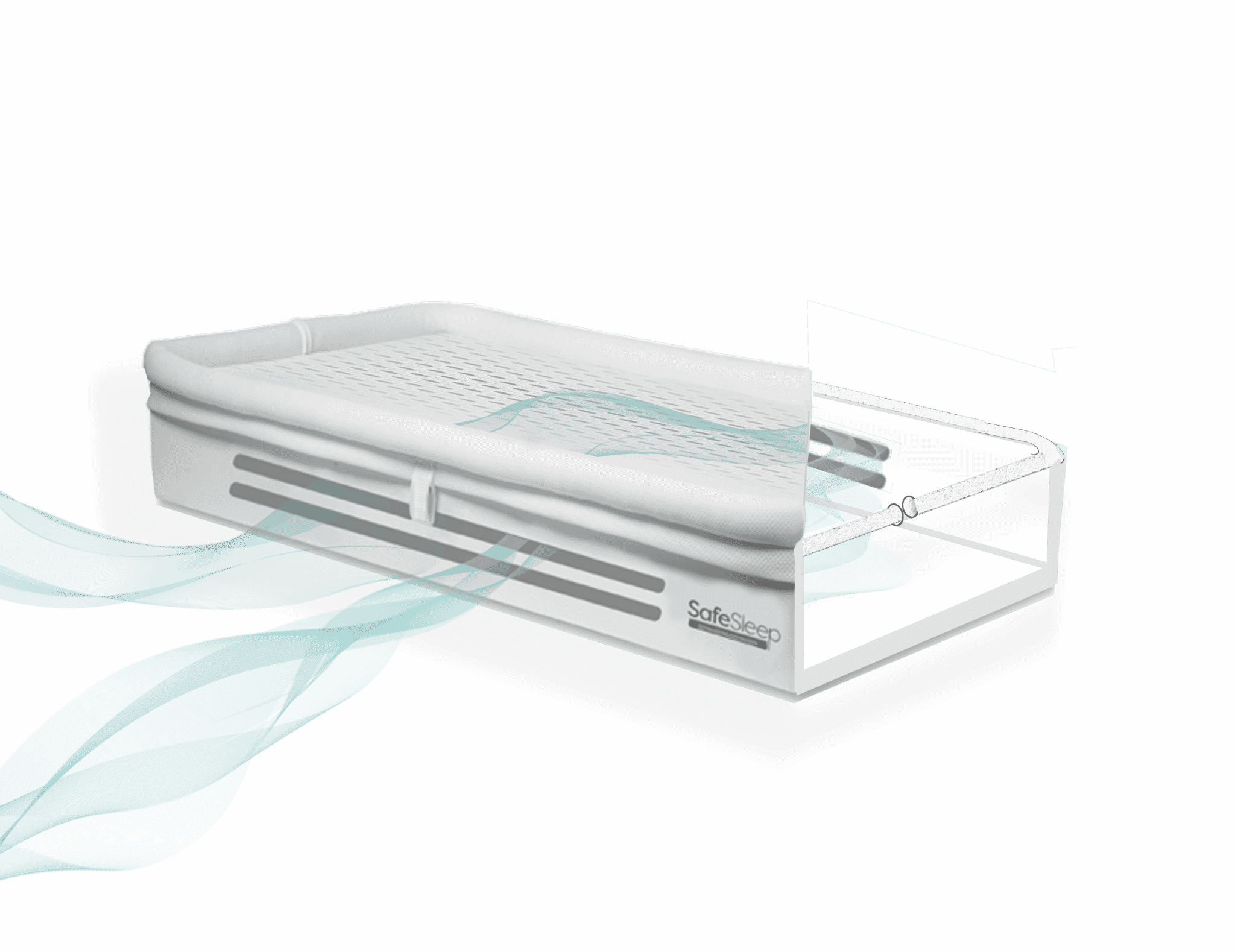 While a heavy gauge mattress may be the ideal choice for your baby, there are a few things to keep in mind. First, make sure the mattress has
adequate padding
on top of the coils to provide comfort for your baby. Also, consider the
size and weight
of the mattress, as some heavy gauge mattresses may be bulkier and heavier than their light gauge counterparts.
Choosing the right baby crib mattress gauge
is an important decision for your child's safety and comfort. Consider all the factors and make an informed decision to ensure your baby gets the best sleep possible.
While a heavy gauge mattress may be the ideal choice for your baby, there are a few things to keep in mind. First, make sure the mattress has
adequate padding
on top of the coils to provide comfort for your baby. Also, consider the
size and weight
of the mattress, as some heavy gauge mattresses may be bulkier and heavier than their light gauge counterparts.
Choosing the right baby crib mattress gauge
is an important decision for your child's safety and comfort. Consider all the factors and make an informed decision to ensure your baby gets the best sleep possible.



